 Feral dog - en.wikipedia.org
Feral dog - en.wikipedia.org
Who doesn't love dogs? They are some of humanities oldest companions. But little is known about stray village dogs.
The team collected blood samples from 549 village dogs in 38 countries across 6 continents. All they did was offer food and the dogs appeared.
After analyzing more than 185,000 genetic markers in these individuals, the team concluded that dogs were first domesticated in Central Asia, somewhere near India or Nepal.
But this isn't a final answer. It's just the latest volley in a long-running debate about when, where, and why wild wolves first transformed into man's best friend.
The oldest dog fossils are at least 15,000 years old and come from Western Europe and Siberia.
'In 2013 alone, a whole-genome study of living wolves and dogs argued that domestication took place around 10,000 years ago during the Agricultural Revolution, when wolves that scavenged at humanity's scrapheap became more accustomed to life with us. Four months later, another whole-genome study argued that wolves were domesticated in East Asia around 32,000 years ago. Six months after that, yet another study—this one of mitochondrial DNA in both modern and fossil dogs—put the site of domestication in Europe and the time somewhere between 18,000 and 32,000 years ago. That's well before the Agricultural Revolution, and suggests that wolves may have accompanied European hunter-gatherers as either hunting partners or scavengers.'
The Cornell University team have spent years collecting samples from over 1,500 ancient dogs and wolves, and is now finally ready to analyze them all. Source: The Atlantic.
I like the idea of looking for clues among stray dogs. I'll await the final results with interest.
Did you guess the correct location?
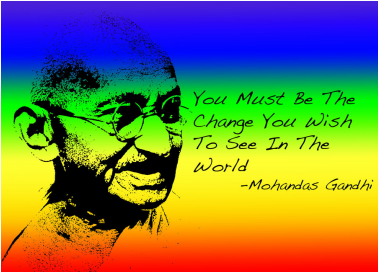

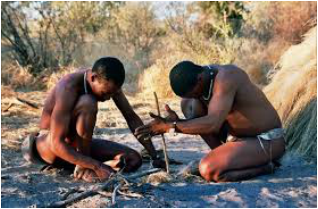






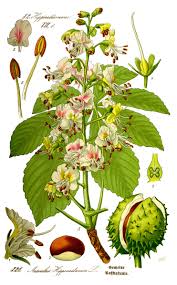
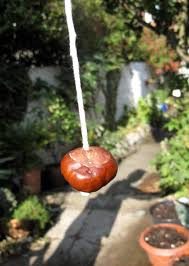
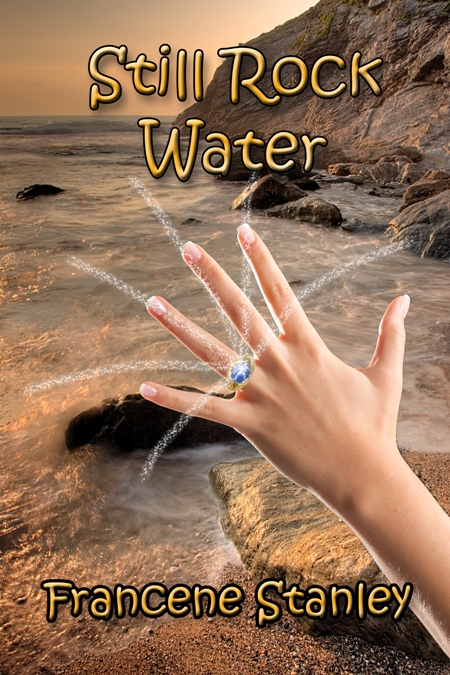

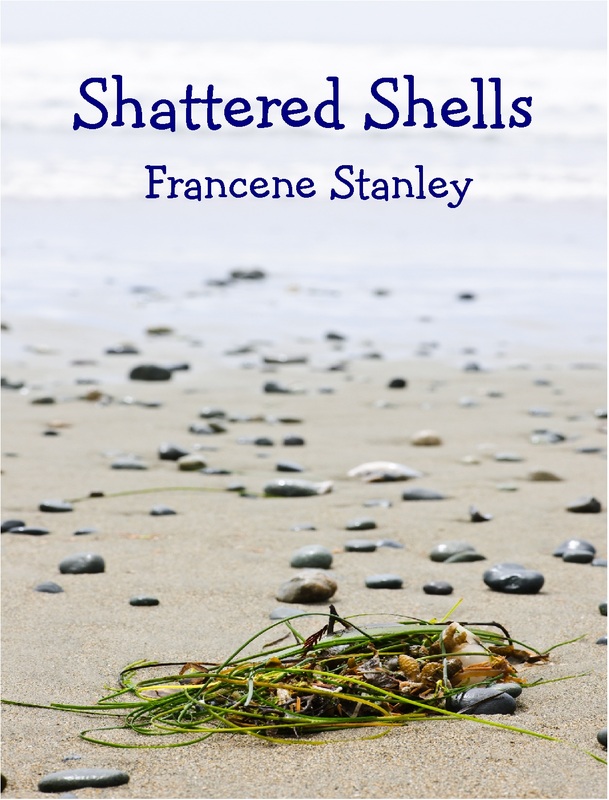

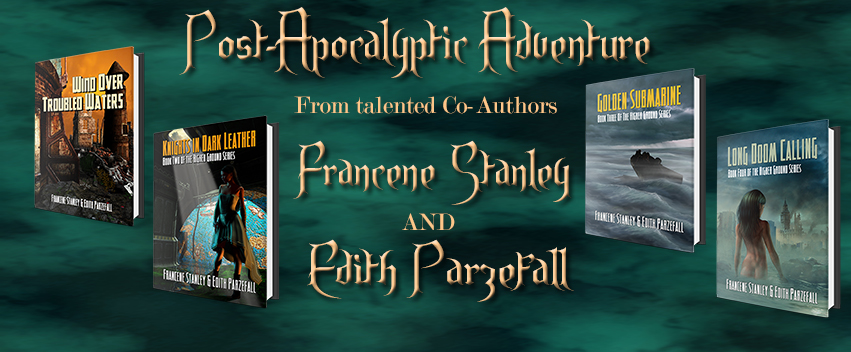
 RSS Feed
RSS Feed
